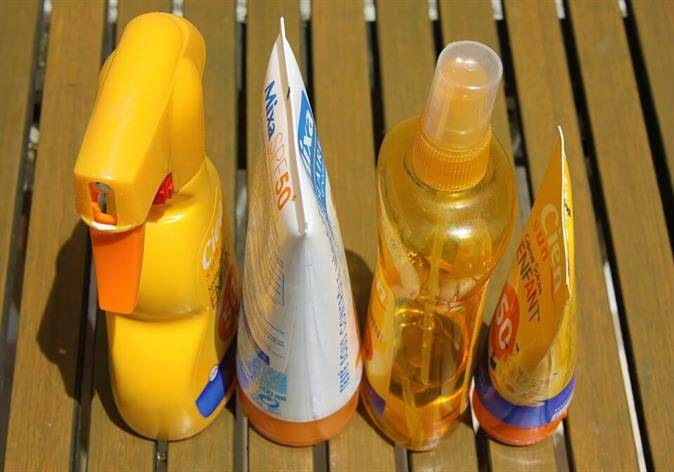Summertime temperatures can pose a threat for all – especially the elderly. Due to how the body naturally changes with age, older adults are at greater risk for heat-related injuries. Society harps on young adults for the importance of sunscreen, staying hydrated and other health precautions during the warm season, but have we truly considered how rising temperatures drastically affect the elderly? American Family Care wants you to be educated on the preventive measures, symptoms and how to help a senior suffering from overexposure
Sunburn
Avoiding skin damage is a hot topic for younger generations, however, age does not determine how much or how little you should be concerned about your skin.
- With time, skin becomes thinner and more sensitive, therefore more vulnerable
- Not only can sunburn be painful, it increases a senior’s chance of excessive dryness, irritation or risk of skin cancer
- Yes, these are common risks for any age, but older skin significantly loses the ability to protect itself from damages caused by ultraviolet (UV) rays
Sunburn Preventative Measures
Applying both moisturizer and sunscreen should become a regular habit, and knowing when to stay inside or find the shade is crucial.
Exhaustion
Consistent exposure to the sun without proper replenishment of fluids or rest will eventfully catch up with the body. Common symptoms of heat exhaustion include:
- Heavy sweating
- Cramps
- Dizziness
- Paleness
- Heavy breathing.
Heat Exhaustion Prevention Tips
Drinking cool, non-alcoholic beverages is a great way to prevent exhaustion – watch out for immensely cold liquids as they can result in cramping. Some seniors have strict doctors’ orders on how much liquid they can consume. If so, encourage them to talk with their doctor. If a senior must be outside during the hours of 10 a.m. and 4 p.m. (when temperatures are hottest) ensure they wear lightweight clothing and seek shade whenever possible.
Heat Stroke
The Centers for Disease Control and Prevention (CDC), along with other health organizations, agree that a heat stroke is the most critical heat-related illness.
- A heat stroke occurs when the body’s temperature rises rapidly due to an increase in the environment’s temperature, but at such a rate that the body cannot easily cool itself down
Unfortunately, it is more difficult for a senior’s body to regulate internal temperature, making them prone to a heat stroke if not cooled off immediately. It only takes about 10-15 minutes for the detrimental effects of a heat stroke to set in. The main indicator to watch for is when the body can no longer produce sweat.
How Can You Help in a Heat Stroke Emergency?
- Relocate the senior to a shady area and call for medical assistance
- Try to cool them down by any means necessary (spray bottle, cool blanket, fan, loosen clothing, water)
- Monitor temperature, with the goal of bringing it under 101 degrees
Visit Your Nearest Urgent Family Care
American Family Care encourages you to remain aware of those around you during the sweltering summer heat. If you witness a senior experiencing any of the symptoms of overheating listed, please visit your nearest AFC urgent care location for assistance.

